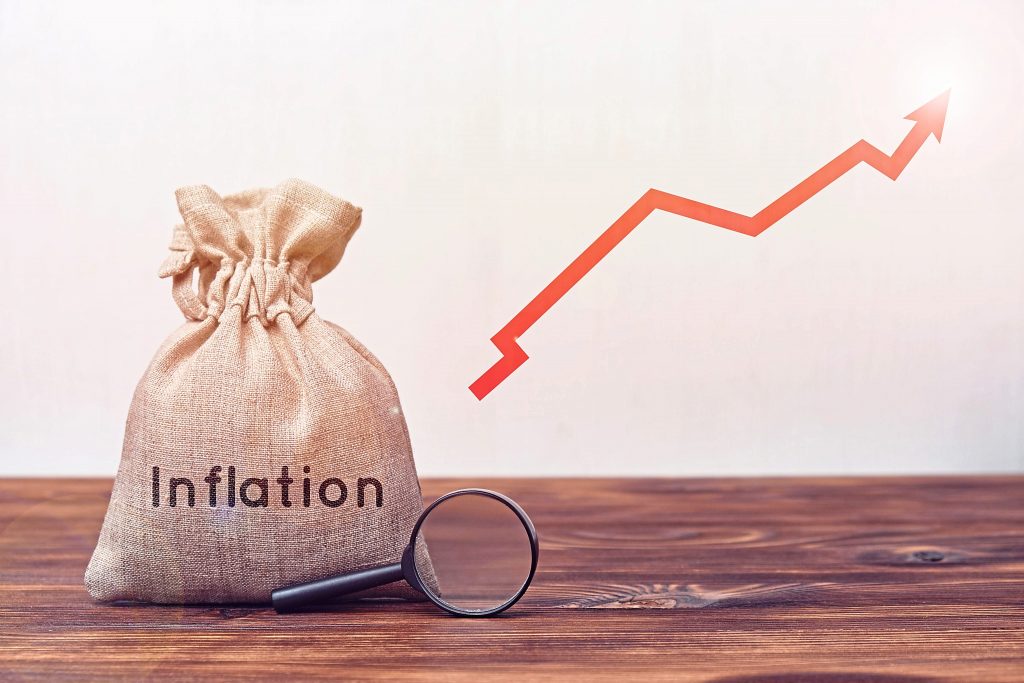Rekindling interest in property investment in today’s environment
The opportunities are there but so are the challenges

If you know where to look, there are always potential property investment opportunities.
Contributed by Sulaiman Saheh
As the world and Malaysia adapt to the pandemic environment and new norms, interests in the market are gradually returning, with potential buyers beginning to scout for worthy investment opportunities. More so with the economy and property market just coming out of the pandemic slump period.
And as one of the traditional forms of investment, real estate continues to hold its position as a steady, long-term commitment investment choice. But with the market conditions being on the more passive side and still in its recovering phase, there are several factors to consider before signing that deal and risk tying yourself to a real estate investment that could cause more expenses than bringing in profitable income especially in the immediate term.
Being a large-sized asset that would require a significant amount of funds to purchase, it takes patience and knowledge with a touch of luck to bear the biggest fruit.
While stories of lucrative success and self-made millionaires might inspire you to dive right into the property investment world, take a step back from the diving board and make a thorough assessment on how prepared you are in making such an investment.
Unlike investing in the stock market and shares, property investment is not as liquid and takes longer to convert into cash. But at the same time, stock investment has higher volatility that results in a chance for quick, profitable returns on those few spot-on choices (and losses for the unfortunate ones), whereas property investment is a longer-term commitment.

Property remains as a good hedge against inflation.
Hedge against inflation
As a good hedge against inflation, capital growth in real estate is steadier with a lesser degree of volatility. However, there are instances of capital value depreciation as seen in certain segments in the market over the past few years.
Getting into the real estate arena would require your ability to fork out a significant sum of money to purchase the property you are investing in – be it through outright purchase with cash or a downpayment when taking on a mortgage loan.
This first crucial step is to evaluate your capability in serving a loan whilst maintaining your current lifestyle. Plan out how your investment journey would be and be realistic with your financial status and how the market is. Optimism has its place, but always be prepared for the worst and have some reserves for potential rainy days.
In a similar vein, investors are looking to buy their dream property investment. It can be a home, a shop lot or a warehouse. It can be a landed house, an apartment or a plot of land.
Or, it can be in the city centre, a suburban area or outskirt areas. Each type of property and its immediate surroundings has its own characteristics, potential buyers, renters, and target market. Landed homes are generally more expensive than high-rise units.
Right combo
But with the right combination of location, property type, concept and price, the profit potential can be much higher, especially in established urban areas where land is already scarce. Of course, there are also opportunities for high-rise units, especially those equipped with facilities and conveniences designed to the likings of today’s buyers or renters.
Do not limit yourself to just residential properties as commercial properties have their benefits. Despite discussions revolving around physical presence being less relevant in the face of online shopping, humans are still social animals.
This was proven when locals flocked to shopping malls and social hotspots after being cooped up at home for months. No matter how tech-savvy things may have become, the need for physical interaction and instant gratification remains.
But this does not mean that there will not be changes to how shops and retail malls will look like in the future. As e-commerce and online shopping make their own wave, physical spaces will see a shift in demand for them to be more experiential and aesthetically pleasing for that perfect Instagram photo.
Despite the accelerated growth of online shopping over the past two years, the demand for physical stores remains strong. Ironically, online-exclusive retailers have been seen to expand their presence into physical stores to create physical interactions with their online customers. Benefitting from this are the warehouses as part of the logistics sector, which continue to hold the spotlight as a stable investment choice. This makes them one of the hot sectors to invest in while the property market is still finding itself back on the recovery track.
Choosing the best investment property is not all about which is the most profitable but rather the sustainable choice. While expectations on potential profits are aimed high, one must also consider how sustainable such profit levels can be in the long run. Sustainability refers to knowing how durable and resistant the property investment is against the test of time and changing demands.
This is done by equipping yourself with as much accurate and up-to-date information there is on your intended property choice. It is not just about learning the potential of the property itself but also its market potential.

It is never too late to prepare for the next investment opportunity.
Preparation pays off
A property market has its cycle, and knowing where you are and where you are heading may just save you from falling into a speculation trap or earning zero rental income in a lagging market.
Sustainability also refers to your capability of sustaining such investment without burning yourself out down the road. To maintain an investment property, owners need to maintain a certain level of quality and management efficiency to preserve and enhance its value.
During the current Covid-19 pandemic and economic challenges, there are hidden gems of opportunity and bargain deals to be snatched, but only if you are using the right reading glasses.
As there could be property owners looking to quickly cash out their assets in this financially challenging time, bargain hunters are always looking for the right property to be bought. Do not keep looking for properties sold by developers. Existing properties in the secondary market can also present good investment options.
Do not limit your choices and do your research. Be prepared financially. Have a chat with your preferred banker to discuss how much financing you can obtain whilst keeping your own financial situation safe. It will allow you to have a firmer budget and confidence when you scout around for your ideal investment property.
Of course, opportunities during a crisis are more applicable to investors who have already armed themselves with sufficient funds to select and seal the deal. In a situation where financial belts are already tightened significantly due to job insecurities and uncertain economic outlook, the worst thing one may commit is tying themselves to a financial commitment that is too heavy.
But it is never too late as you can still prepare yourself for the next investment opportunity even in times of crisis. Plan out your saving steps and be consistent in the practice while constantly keeping your investment goal in mind to be on track. Take the time to identify what form of investment is best for you and equip yourself with enough real estate knowledge to prevent you from making a blind jump.

Sulaiman Saheh is the director of research for global real estate consultancy Rahim & Co International Sdn Bhd.
Stay ahead of the crowd and enjoy fresh insights on real estate, property development, and lifestyle trends when you subscribe to our newsletter and follow us on social media.
